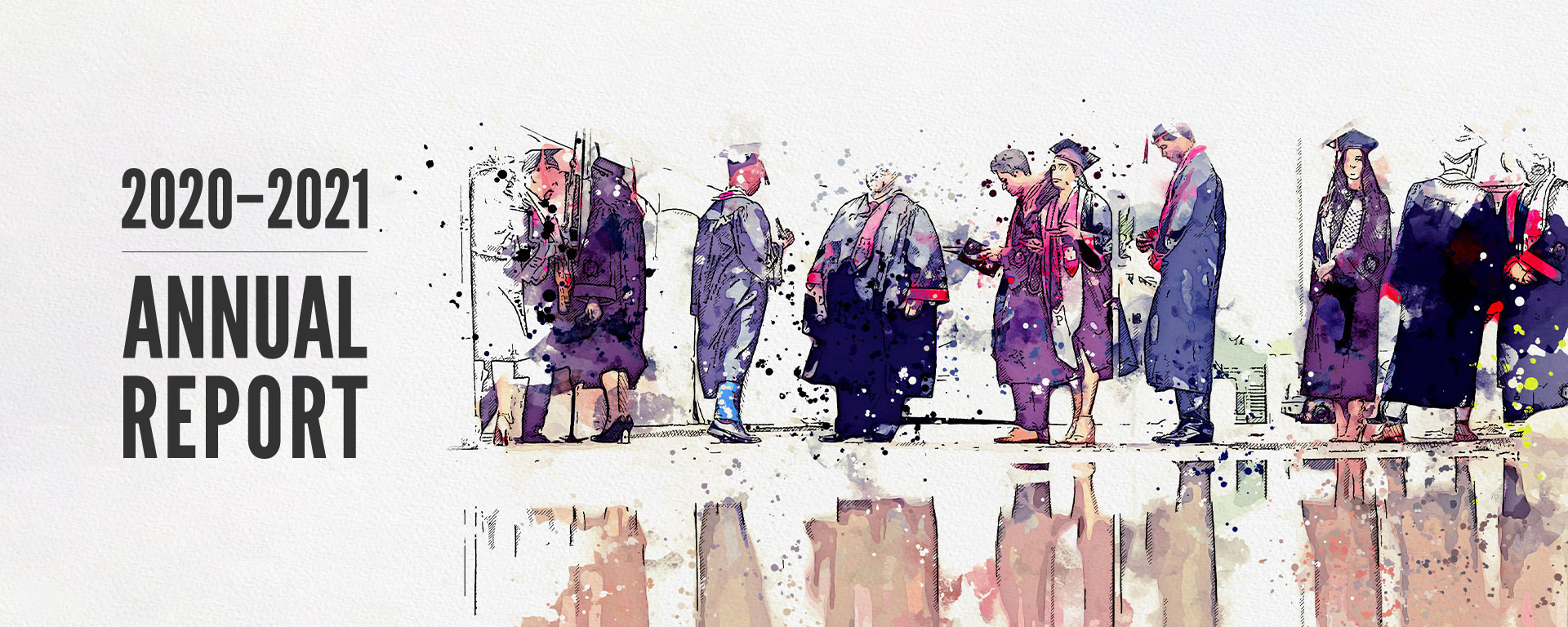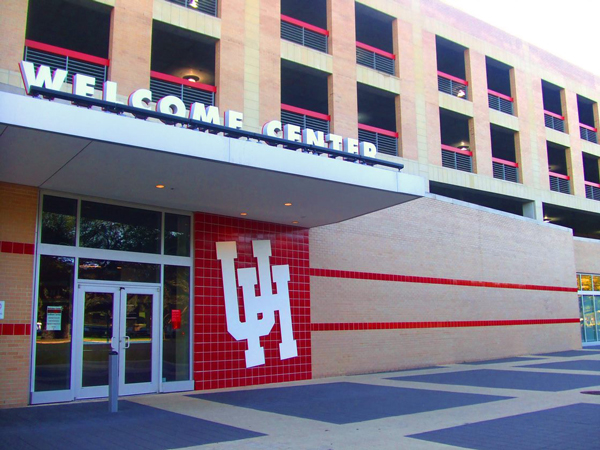
One thing a global pandemic can’t put a damper on: the growing appeal of the University of Houston, both here and abroad.
Despite the ongoing pandemic, which could have affected enrollment of both undergraduate and graduate students, UH saw a record number of Coogs enroll in both Fall 2020 and Fall 2021. Last fall, after the pandemic had been in full swing for months, a record 47,090 students enrolled at UH, and Fall 2021 wasn’t far behind, with 47,031 students enrolled in classes.
Applications for first time in college students were up from Fall 2020 to 2021, and that population of students continue to be academically impressive. In both years more than 30 percent of them were in the top 10 percent of their high school class. Applications from transfer students also increased, and the average transfer GPA went up from 3.14 to 3.2.
Fall 2021 was impressive in other ways: It has the second-largest freshman class in UH history, the second-largest incoming cohort of Hispanic students, and the largest incoming cohort of both Asian Americans and Pacific Islanders and Black students.
Dr. Mardell Maxwell, executive director of admissions in the Division of Student Affairs and Enrollment Services, said he is not surprised that UH continues to be a top destination for both domestic and international students.
He answers some questions about this growing appeal and what UH is doing to keep that momentum:
Why do you each think UH's appeal is growing not only across the country, but for international students?
The University of Houston continues to strengthen its brand, its value, and its impact around the world. For example, faculty members’ research and accomplishments matter. Our new medical school and its impact on underserved communities is significant. Our athletic success is noteworthy. The university’s trajectory and excellence as a Tier One university adds value to their college experience, degree, and competitiveness in the career market.
Do you think this trend will continue for UH?
There continues to be a demand for college graduates, which means college access and enrollment growth is imperative. However, recruiting competition and the looming enrollment cliff (2025/2026) will be an obstacle to overcome. The “enrollment cliff” is a term to describe the decline in birthrate during the Great Recession in 2008. Although the economy has rebounded in the decade since, the birthrate has not. This has a direct implication for the number of potential high school graduates. The upward trend towards achieving enrollment objectives will continue by deploying strategies to showcase UH’s global relevance and deep care for students’ success.
Despite the pandemic, UH's enrollment numbers were great. Why do you think we continued to attract students, and how can we keep that momentum?
First, our students deserve a tremendous amount of credit. They remained focused and persisted toward their education in an unprecedented time. Second, faculty and staff members did a tremendous job of supporting students by getting creative. We shifted processes, deadlines, and systems to support student success. It is plausible the disruption, caused by the pandemic, created an opportunity to cultivate a new normal for students.
What encouragement do you have for students who applied but were not accepted?
The University of Houston is competitive. A strong set of academic and non-academic skills are needed to be successful here. To applicants who were not admitted to UH: Your admission decision is not a “no” — it’s a “not yet.” What matters most in your journey is how you finish. Develop a plan and execute it by doing well in college courses. Then, transfer to UH and finish your degree as a Coog.
How do you think our being test optional affects applications?
Test optional gives applicants the opportunity to present information that allows the university to assess their holistic readiness to do well at a Tier One university. What an admissions office learns from an ACT or SAT score is important. However, it is not the only important factor to determine college readiness. With test optional, we get to learn about the leadership, involvement, and resiliency of prospective students — all factors important to student success.
Is there anything you think UH should do to broaden its appeal even further?
The University’s strategic plan to become a top 50 public university will broaden the appeal among future students. The process of achieving this ambitious milestone will pay dividends to student success, nationally competitive research, social responsibility, and nationally relevant athletics. Students care about these topics, as it adds value to their experience and degree.

